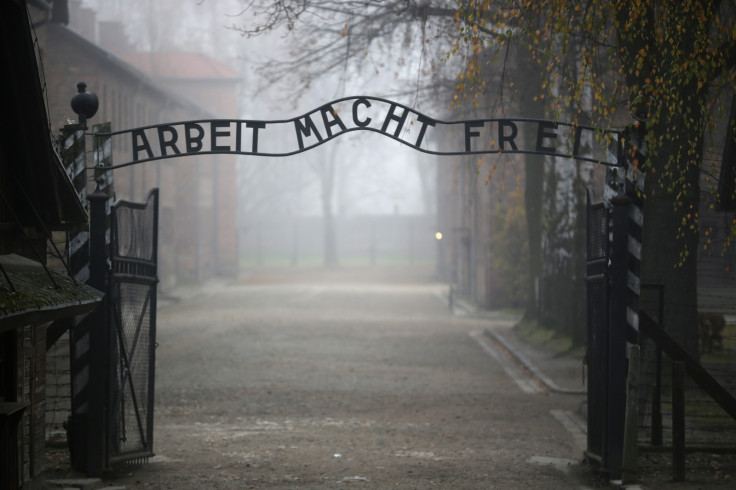'Monopoly of the holocaust:' Polish presidential adviser attacks Israel
Disagreement is over a law criminalising some references to Nazi atrocities in Poland

An adviser to Poland's president has said he thinks Israel's negative reaction to a law criminalizing some statements about Poland's actions during World War II stemmed from a "feeling of shame at the passivity of the Jews during the Holocaust".
Andrzej Zybertowicz, a Nicolaus Copernicus University sociology professor who also serves as a presidential adviser, called Israel's opposition to the new law "anti-Polish" and said it shows the Mideast country "clearly fighting to keep the monopoly on the Holocaust."
"Many Jews engaged in denunciation, collaboration during the war. I think Israel has still not worked it through," Zybertowicz said in the interview published in the Polska-The Times newspaper Friday.
Zybertowicz could not immediately be reached for comment. Polish public officials typically have the chance to review their statements before media outlets publish them. Zybertowicz tweeted a link to the article.
His remarks follow open expressions of anti-Semitism that surfaced online and in some government-controlled media when Israeli officials objected to the bill form of the law, which outlaws public statements that falsely and intentionally attribute Nazi crimes to German-occupied Poland.
Jews have sometimes been described, often derisively, as having remained passive during the rise of Nazism and the Holocaust. Key acts of resistance contradict the trope, most notably the Warsaw Uprising of 1943. Smaller revolts took place in death camps, including Sobibor and Treblinka, where starving prisoners without weapons faced heavily armed German guards.
In Israel, home to Holocaust scholars and families of survivors with roots in Poland, some fear the Polish speech law will allow the government to whitewash the role some individual Poles had in the deaths of the occupied country's Jews. The law allows for prison terms of up to three years.
Polish President Andrzej Duda and other government officials said it was needed because Poles sometimes are depicted as collaborators or complicit in the Nazi genocide. They cite the expression "Polish death camps" as shorthand for the concentration camps and gas chambers on German-occupied soil as an example.
German Chancellor Angela Merkel said Saturday that she won't get involved or interfere with Poland's law because "as Germans, we are responsible for the things that happened during the Holocaust."
Merkel said in her weekly podcast that the onus on Germany from the Holocaust is something every German government will acknowledge and have to address.
Duda signed the law on Tuesday. But in a nod to the critics, he also asked the country's constitutional court to review it.
Poland's government went into exile abroad when German forces took over, while an underground army at home resisted the Nazis. Poles made up the largest group of victims at the Nazi-run camps. There were, however, cases of Poles who identified Jews to the Germans or killed them directly.
"In this dispute, one can see clearly Israel is fighting to keep the monopoly on the Holocaust," presidential adviser Zybertowicz said in the interview. "The 'religion' of the Holocaust has become a symbolic shield for that country, which is used by Israel to create for itself a special position in many places in the world. A shield which is meant to protect Israel against any criticism."




















